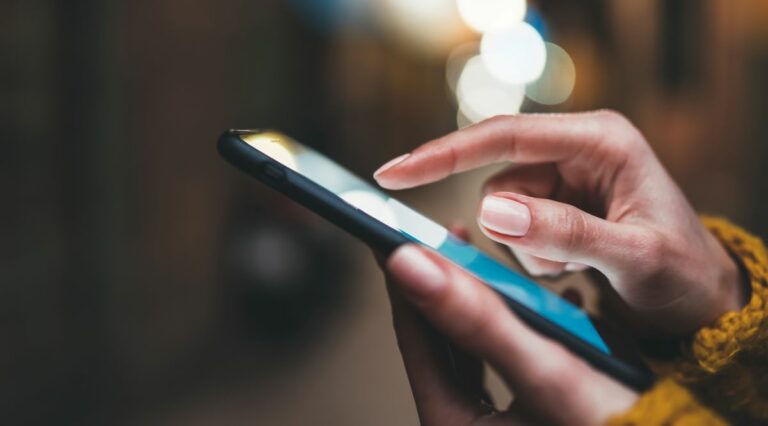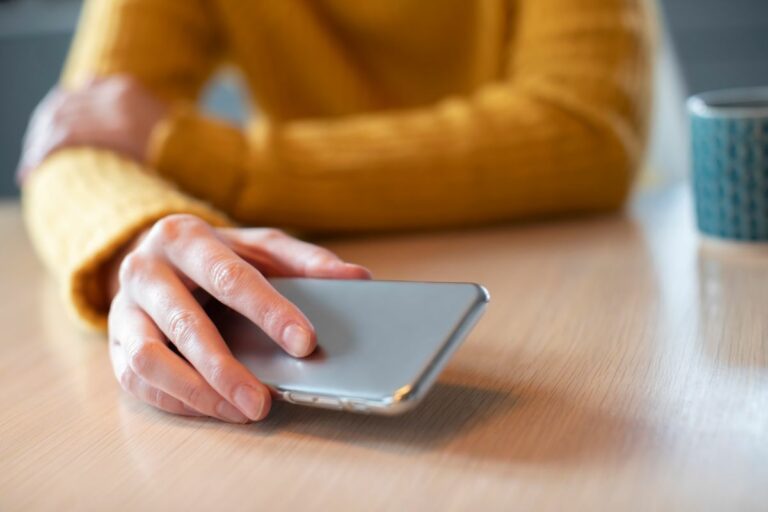Are mobile phones destroying your relationships?
According to research, mobile phone use can have detrimental impacts on relationships, including a higher probability of divorce. Research published in the journal “Computers in Human Behaviour” found that those who reported higher levels of technology use (including phones) in their romantic relationships were more likely to suffer conflict and far less relationship satisfaction.
Luisa Williams, a family therapist, concurs, but feels that understanding the reasons why certain spouses use their phone excessively might tell us more about the quality of their relationship: “In treatment, we frequently uncover the underlying causes of excessive phone use. These might vary from relationship boredom to partner avoidance to adultery.”
How mobile phones affect a relationship
How mobile phones affect a relationship
-
Extra marital tension
A common cause of divorce is the use of a phone to build a relationship with someone outside of the marriage. While adultery has traditionally been a leading cause of divorce, mobile phones have made extramarital encounters considerably more accessible.
In certain instances, social networking sites, texting, and messaging applications can facilitate emotional and physical relationships.
At the push of a button, it is possible to converse privately with virtually anybody. Some find it difficult to turn down the chance to reconnect with someone from their past, revive an old relationship, or strike up a chat with a new acquaintance.
A 2023 survey suggests that British individuals spend an average of 3 hours and 15 minutes each day on their phones. So, it is easy to understand how internet relationships can frequently be concealed in plain sight.
-
Phubbing
Even if you are unaware of the term, you have likely phubbed someone. Phubbing, also known as “phone snubbing,” occurs when we are so engrossed in our phones that we disregard the people we are with.
In contrast to other pursuits such as reading and watching television, phones are unusually engrossing. We may unwittingly “phub” our loved ones, but this behaviour may have real-world implications for relationships.
It might be painful to choose to use your phone instead of giving your lover your whole attention. It can diminish closeness and destroy your relationship. Over time, it might have a negative effect on your relationship with your spouse.
-
Loneliness and other negative feelings
In partnerships, feeling lonely when their spouse is using their phone is a typical occurrence. When your spouse is immersed in their phone, it might feel as if a wall has been erected between you two.
A partner’s excessive phone use might cause one to feel neglected, underappreciated, isolated, and lonely.
-
Avoidance tactics
Taking a break from challenging interactions might give an opportunity for reflection. Yet, using one’s phone to avoid or postpone conflict might make one appear impolite, dismissive, and possibly aggressive.
Few of us take pleasure in “we need to speak” conversations. Yet, burying your head in the sand by going for your phone while you or your spouse are unhappy would certainly hinder your capacity to properly address the situation.
-
Reducing connection and intimacy
Excessive phone use diverts care and attention away from a relationship and face-to-face interactions, diminishing communication and emotional intimacy.
Frequently checking one’s phone whilst in the company of another person demonstrates a lack of attention and consideration.
Simply put, time spent on the phone is time spent away from loved ones. Eventually, you may realise that you use your phone when you might be spending time with your partner.
-
Phones and tech abuse
Tech abuse, often known as the use of mobile phones to monitor and ‘spy’ on a spouse, is a growing concern in domestic violence cases.
In rare instances, a partner who is abusive may install spyware or monitoring applications on their partner’s phone in order to monitor their actions. Tech abuse is a major breach of privacy and trust and is frequently paired with other types of domestic abuse.
-
Increased distraction
Constant notifications, texts, and social media interruptions can detract from quality time spent with a spouse.
In addition, using a smartphone during an argument or dispute can exacerbate the situation, leading to increased stress and animosity between partners.
Due to the convenience of social media and messaging applications, ongoing confrontations can easily spill over into public forums.
-
What to do if you think your partner’s phone use is excessive
If you are concerned about your partner’s excessive phone usage, it is essential to have an open and frank discussion with them. Choose a time when distractions are minimal, and if necessary, urge your spouse to put their phone away.
Begin by sharing your views and worries in a non-judgmental manner and be detailed about the problematic behaviours and how they make you feel.
It is possible that your partner’s phone usage does not represent how they feel about you. They may be attempting to multitask, responding to job pressure, or have established the habit of continuously checking their phones.
Consider their perspective and seek a solution that benefits both of you.
Take some time to reflect on your personal phone usage and be truthful. Changing your phone usage patterns may be something you can tackle together.
Address the discussion with empathy and a willingness to collaborate to find a solution.

5 tips for creating better phone habits:
- The initial few minutes of the day establish the tone for the remainder. Diving directly into the digital world upon waking raises stress and feelings of being overwhelmed. Develop a new morning ritual that excludes your phone.
- Even better, remove your phone totally from your bedroom. By taking your electronic gadget into the bedroom, you reduce the likelihood of intimacy with your spouse. Use a traditional alarm clock and charge your phone somewhere out of reach to facilitate the changeover.
- Establishing app and communication restrictions as well as scheduling downtime can help you control your phone usage and create a dependable endpoint. Choose the optimal starting point by identifying the apps and times you use your phone most frequently.
- Switch off your phone’s alerts. They are intended to attract attention! Without them, you decide when to pick up your phone, as opposed to the phone demanding your attention.
- Establish times and locations when smartphone usage is forbidden, such as during meals, dates, and family trips. And agree on a time to turn off your phones for the day so you can focus on one another.

10 signs you may be using your phone too much:
- You check your phone frequently, even when there are no alerts
- You disregard face-to-face interaction
- You get anxiety or discomfort when you’re not using your phone
- You disregard essential duties or obligations and have difficulty being productive
- You devote less time to other typically enjoyable pursuits
- You instinctively turn to social media to spend your time
- You have physical symptoms like eye strain, headaches, and neck discomfort
- You have difficulties focusing or paying attention
- You have feelings of isolation or disconnection from others
- Your sleep is interrupted
Disconnect to reconnect
There is a correlation between heavy phone use and relationship difficulties. Over time, unhealthy phone habits can develop. So, it is possible that you will be oblivious of the depth of its influence on your relationship with your spouse.
Even if you see the harm it is causing to your relationship, it might be difficult to determine which happened first: the distance between you and your spouse, or the excessive phone use.
Spend time addressing the issues. Identifying any underlying causes will assist you in addressing the challenges and restoring your relationship’s health.
Get assistance if you believe it will help you or your spouse understand the underlying causes of their excessive phone use.
By spending less time absorbed in the digital world, you will strengthen your relationship with your spouse.
What our clients say
Newsletter Sign Up
Sign up for advice on divorce and relationships from our lawyers, divorce coaches and relationship experts.
Privacy Policy
